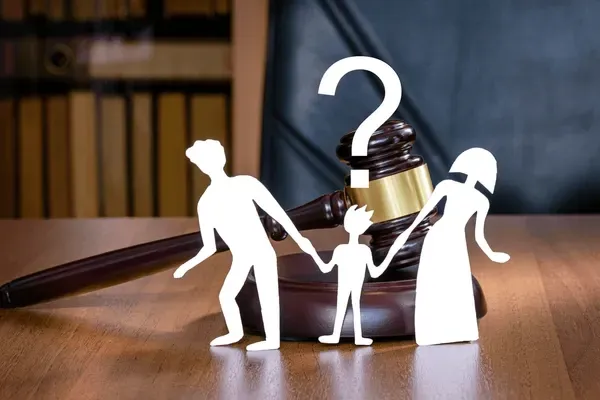Exploring Legal Alternatives to Divorce in North Carolina
It's always good to know your options, so what are the available options related to divorce or separation?
Divorces often end in litigation with couples taking each other to court for the division of assets. Litigation is often costly, can be lengthy, and increases the animosity between couples.
There are legal alternatives to litigation in North Carolina, including mediation and arbitration. Both options can help give couples a more dignified way to dissolve their marriages.
If you want to avoid the costs and pressure of litigation, these alternatives may offer the right path.
Mediation helps couples avoid litigation and provides a way to dissolve the marriage amicably. With this option, couples work with a neutral third party called a mediator. In some cases, the couples choose to retain their own lawyers for this process.
Through meetings with the mediator, the couples work to discuss and resolve their issues.
Mediators do not make decisions or rulings. Their role is to facilitate open communication so the couple can decide what is best for their own situation.
Some of the benefits of hiring a mediator include:
- Mediating a divorce is less expensive compared to litigation.
- Mediators often help resolve all issues related to the divorce.
- The process is completely confidential with no public record.
- The couple controls the process instead of the court system.
- This option may result in an amicable dissolution of the marriage.
This is one of the most used methods for divorce. Couples can negotiate the divorce settlement on their own terms with the assistance of an experienced mediator.
While this process works for most couples, some situations still require the court system. For example, marriages that involve domestic violence, child abuse, substance abuse, or other criminal behavior may require immediate legal intervention.
The main advantage of mediating a divorce is the ability to work through issues together. Through mediation, couples may settle their divorces on good terms and avoid future conflicts.
What Is Arbitration ?
Couples may choose arbitration when they cannot resolve their issues with the help of a mediator and still want to avoid litigation. The process shares many features with a court trial.
As with a divorce trial, couples present their arguments and may retain lawyers. However, instead of standing before a judge, couples resolve their disputes with an arbitrator. This offers the following advantages:
- Couples can select their arbitrators.
- Couples get to choose the day and time for the hearing.
- The process is completely private and confidential.
- This option may still cost less than a public trial.
With this process, couples schedule a private hearing before an arbitrator instead of a public courtroom hearing. This is a more comfortable process compared to a public hearing. The informal setting helps put both parties at ease, helping to reduce some of the stress of the situation.
This method also gives more control to the divorcing couple. With litigation, the courts decide on the day, time, and location for the hearing. Couples cannot choose their judges or pick dates that works best for their schedules.
Arbitration also results in a final decision. After hearing both sides, the arbitrator makes a ruling. The ruling is final and neither party can challenge it in the future.
How Do You Know Which Option Is Right for You?
Mediation, arbitration, and litigation are the three main options for divorce. It is important to consider each process before moving forward.
With mediation, couples can come to a mutual decision on the separation of assets and property. This process works best with couples who can maintain open communication. It is also the most used method for negotiating divorce settlements.
For more contentious divorces, arbitration may offer the right path. A third party hears both sides and finalizes the divorce.
Litigation is the most expensive option and often drags out in the courtroom, depending on how much each side is willing to fight over assets or children.
Mediation and arbitration have their own benefits and both options help you avoid litigation. However, every situation is unique.
To explore your option, discuss the details of your pending divorce with an experienced adviser. With the help of a family law attorney in Wilmington, NC, you can analyze alternatives to divorce or litigation and find a solution that best fits your needs.
Call us today or send us an email to discuss your best option, we are here to help.












